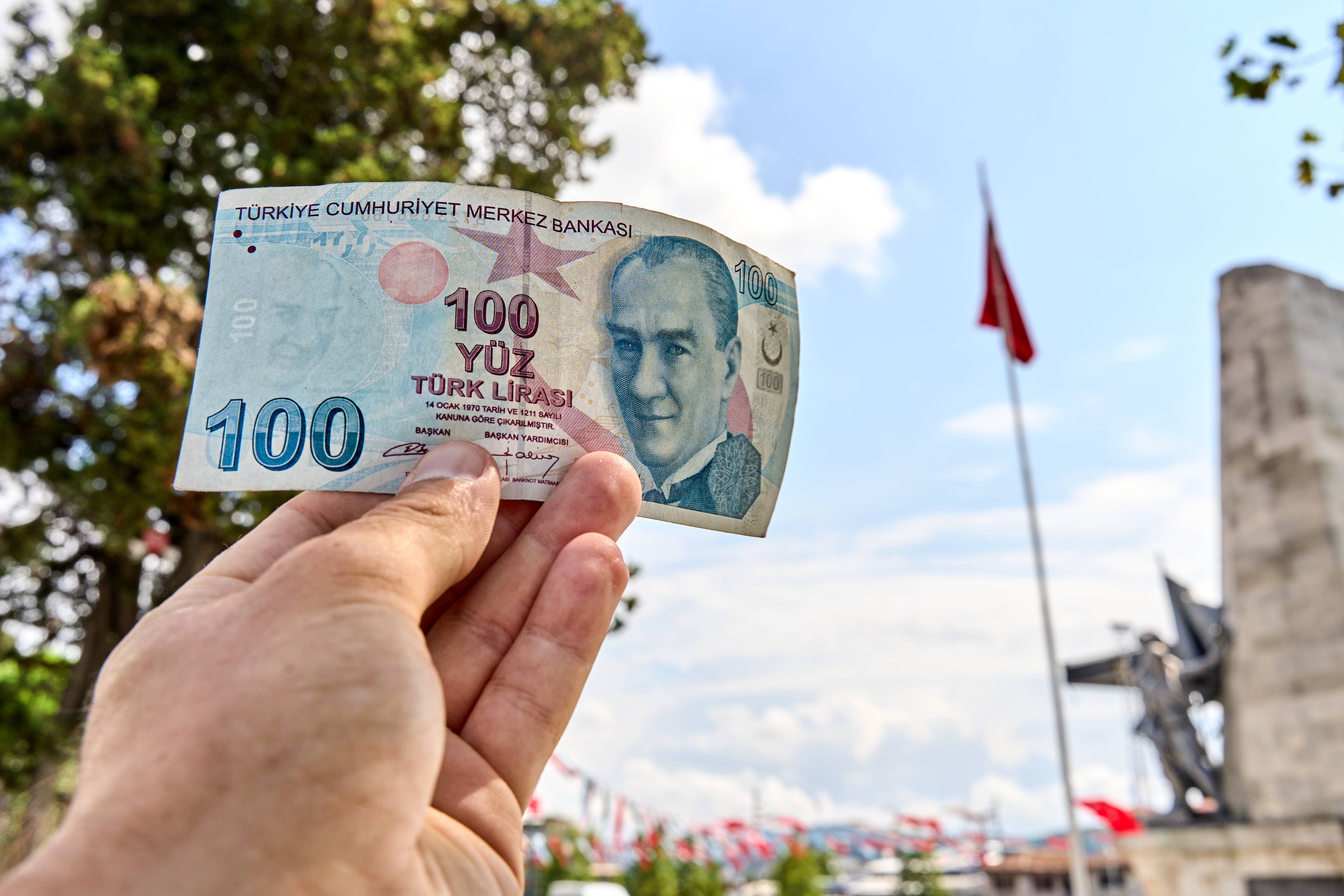Hard Numbers: Turkey’s inflation falls, South Korea bans deepfake porn, Moonshine poisons dozens in Iran, Mexican troops kill migrants
387: South Korea has detained 387 people this year for deepfake crimes – that is, using AI to create sexually explicit videos of real people without their consent. Last week, the country moved to outlaw the possession or even the viewing of such material. Experts say South Korea has the worst problem of any country in the world when it comes to sexually explicit deepfakes. Most of the perpetrators are teenage boys.
26: Tipples of toxic moonshine have killed at least 26 people in northern Iran and left hundreds hospitalized. Alcoholic beverages are generally banned under the strict Islamic revolutionary government that has held power in Iran since 1979, but where there’s a desire, there’s a drink – bootleggers and black-market booze smugglers are known to thrive.
6: At least six international migrants were dead after Mexican soldiers shot at a truck near the Guatemalan border on Wednesday. The Mexican Defense Department said troops had opened fire after hearing shots when the truck approached a checkpoint. The truck was carrying migrants from Egypt, Cuba, India, Pakistan, and at least one other country.
